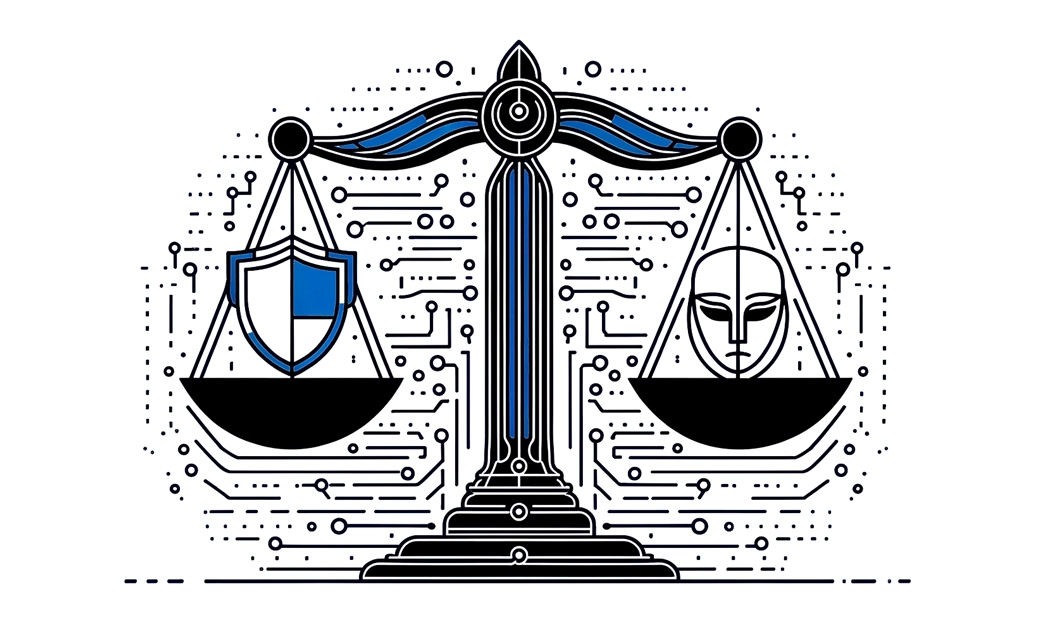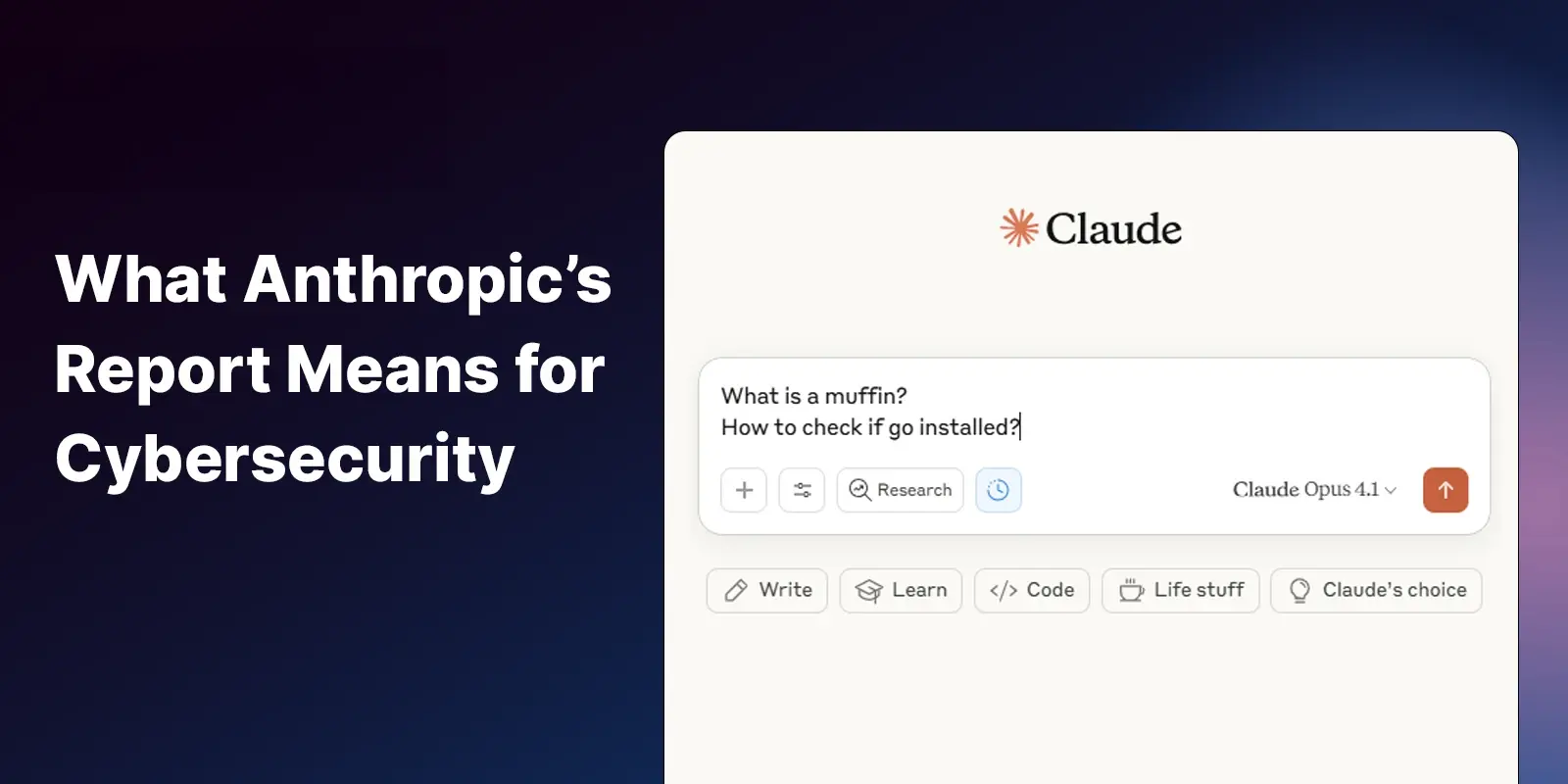Table of Contents
The recent Microsoft account takeover hack/attack reminds us of a crucial reality…in the cyber world, giants are not invincible. This alarming breach serves as a vivid illustration of why artificial intelligence (AI) is not just an option but a necessity in cybersecurity.
An (Actual) Leap Forward in Defense
The integration of AI in cybersecurity isn't just a trend, it's a transformation. A recent whitepaper on Artificial Intelligence in Cybersecurity thoroughly examines this evolution, emphasizing AI's critical role in predictive threat analysis. This insight is especially relevant when considering the proactive defense strategies that might have impacted events like the recent Microsoft email account takeover. In the Microsoft incident, an AI-driven approach could have provided early warnings, altering the breach’s course. AI in cybersecurity isn't just about responding to threats, it’s about anticipating them. It’s about ensuring a security posture that's not just reactive but preemptively strategic.
Let’s Talk about the Technological Foundations of AI in Cybersecurity
Delving into the core technologies of AI in cybersecurity, we uncover the fascinating world of machine learning, deep learning, and particularly generative AI. Generative AI is pivotal in adversarial planning and modeling. By simulating potential attack strategies, GenAI provides invaluable insights, enabling us to anticipate and counteract sophisticated threats, much like the tactics employed in the Microsoft attack.
AI's impact in cybersecurity is anchored in technologies like machine learning, deep learning, and generative AI (GenAI). Each technology brings a unique strength to the table:
- Machine learning excels in pattern recognition
- Deep learning thrives in data interpretation
- Generative AI is a game-changer in simulating potential threats
This technological trinity forms a robust defense line against cyberattacks. Understanding these technologies is crucial for building an AI-driven cybersecurity strategy that’s both dynamic and resilient.
Enhancing Detection and Response
AI's role in cybersecurity is crucial for identifying and responding to rapidly evolving cyber threats. Its strength lies in learning from interactions and improving threat recognition over time. This adaptability is essential in an environment where threats continuously evolve and disguise themselves. AI's capacity to process and analyze large data sets allows for the detection of patterns that would otherwise go unnoticed.
However, as AI systems grow more sophisticated, it is imperative to use them with ethical considerations in mind, ensuring the privacy and security of users.
A Wake-Up Call for AI-Enhanced Security?
The recent breach at Microsoft, involving the compromise of senior leadership email accounts by Nobelium hackers, underscores the necessity for advanced cybersecurity measures. This incident, part of a series of cyberattacks targeting Microsoft, happened despite the company's efforts in overhauling its software security.
Imagine if AI was at the forefront of Microsoft's defense strategy. Could the predictive power of AI, with its ability to analyze vast amounts of data, have foreseen this breach? Likely, yes. AI's predictive capabilities are not about crystal ball gazing but about smart, data-driven anticipation of threats (though I'm not sure if leaving a vulnerable legacy non-production test tenant account out in the wild could have been anticipated).
AI is certainly a force-multiplier for cybersecurity, but it's also a double-edged sword that requires the balancing power with responsibility. The very AI tools that power cybersecurity technologies can also be wielded by cybercriminals. The transformative impact of AI, especially GenAI, on both cybersecurity and the cyber threat landscape is undeniable. AI can help a cybersecurity team to perform their work quickly, but paradoxically it also benefits the very same criminals and lets them quickly adapt new measures in security.
And the ethical use of AI in cybersecurity is also paramount…while we enhance defense capabilities, we must absolutely respect user privacy and avoid creating an overdependence on automated solutions.
The Road Ahead (Futureproofing with AI?)
Incorporating AI into cybersecurity strategies is not just about deploying cutting-edge technologies. It's about a paradigm shift in how we approach digital defense. The Microsoft incident teaches us that no organization, however large, is immune to sophisticated cyberattacks. But with AI's help in advancing threat detection and response, and its ability to use historical data to anticipate threats, we can build a more resilient digital future.
As we reflect on the Microsoft breach and the evolving landscape of cyber threats, the role of AI in cybersecurity becomes crystal clear. It's not just a tool; it's a necessity. From predictive analytics to ethical considerations, AI is at the heart of the modern cybersecurity strategy. The journey ahead is challenging, but with AI as our ally, we're better equipped to face the digital threats of tomorrow.
Explore More Articles
Say goodbye to Phishing, BEC, and QR code attacks. Our Adaptive AI automatically learns and evolves to keep your employees safe from email attacks.

/Concentrix%20Case%20Study.webp?width=568&height=326&name=Concentrix%20Case%20Study.webp)







.webp?width=100&height=100&name=PXL_20220517_081122781%20(1).webp)







